Have you ever been at a concert, a theater performance, or even a small talent show — and suddenly the whole room erupts in clapping?
Applause is one of the most universal ways humans show appreciation, excitement, or support.
But how do different languages capture that sound?
What Does “Clap Clap!” Sound Like?
First of all, listen to the actual sound carefully.
Japanese: ぱちぱち (Pachi Pachi) / パチパチ
In Japanese, the sound of clapping is expressed as ぱちぱち (pachi pachi) — a light, repeating sound, often used for polite applause or celebration.
It can also be written in katakana (パチパチ) for a more comical or stylized effect.
Example
かんきゃくが、パチパチと、はくしゅをおくった。
(Kankyaku ga, pachi pachi to, hakushu wo okutta)
(The audience applauded with light claps.)
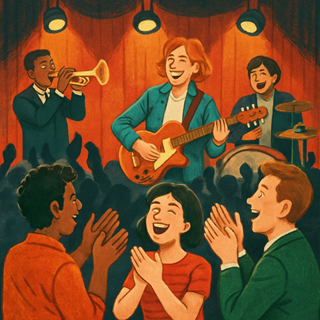
English: Clap Clap / Applause
In English, applause is often just described as “clapping,” or written as the onomatopoeic clap clap clap.
The word applause itself comes from Latin applaudere (to strike toward), and is a formal way to describe a crowd’s reaction.
Example
The crowd erupted into loud applause.
Chinese: 拍拍 / 鼓掌 (Pāi Pāi / Gǔzhǎng)
In Mandarin, clapping is usually written as 拍拍 (pāi pāi) for the sound, and 鼓掌 (gǔzhǎng) is the formal term for “applause.”
Example
大家为他鼓掌拍手。
(Dàjiā wèi tā gǔzhǎng pāishǒu.)
(Everyone clapped for him.)
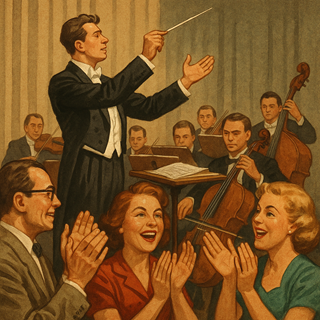
French: Clap Clap / Applaudissements
In French, the word for applause is applaudissements, and clapping sounds may also be expressed with “clap clap” in comic-style writing.
Example
Le public a fait des applaudissements chaleureux.
(The audience gave warm applause.)
Korean: 짝짝짝 (Jjak Jjak Jjak)
Korean expresses clapping with 짝짝짝 — a sharp, cheerful sound often used in writing or messaging.
Example
모두가 짝짝짝 박수를 쳤어요.
(Moduga jjak jjak jjak baksureul chyeosseoyo.)
(Everyone clapped their hands — jjak jjak jjak!)
German: Klatsch Klatsch / Applaus
German uses Klatsch klatsch as an onomatopoeia for clapping — the word klatschen means “to slap” or “to clap.”
Applaus is the formal term for applause.
Example
Das Publikum spendete lauten Applaus.
(The audience gave loud applause.)

Italian: Clap Clap / Applausi
Italians use applausi for formal applause, and sometimes clap clap or plim plim in playful or comic writing.
Example
Il pubblico ha fatto un grande applauso.
(The audience gave a big round of applause.)
Why Do English and French Words Like “Applause” Sound So Similar?
English and French belong to different language families —
English is Germanic, French is Romance —
but many words sound alike, like applause and applaudissements.
Why?
It’s because, in 1066, French-speaking rulers from Normandy conquered England.
For centuries, French became the language of the upper class, and English borrowed many formal words.
That’s how English got words like applause, justice, and courage —
not from its roots, but from history.
Final Thoughts
No matter the country, applause is a shared human gesture —
a burst of approval, joy, or excitement.
But the way we describe that sound — from ぱちぱち to 짝짝짝 to klatsch klatsch —
reflects the rhythm, softness, and cultural style of each language.
So next time you clap at a concert, listen carefully…
What kind of sound are your hands really making?

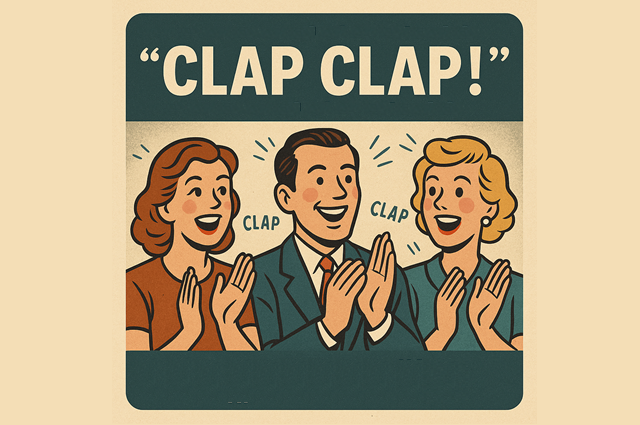
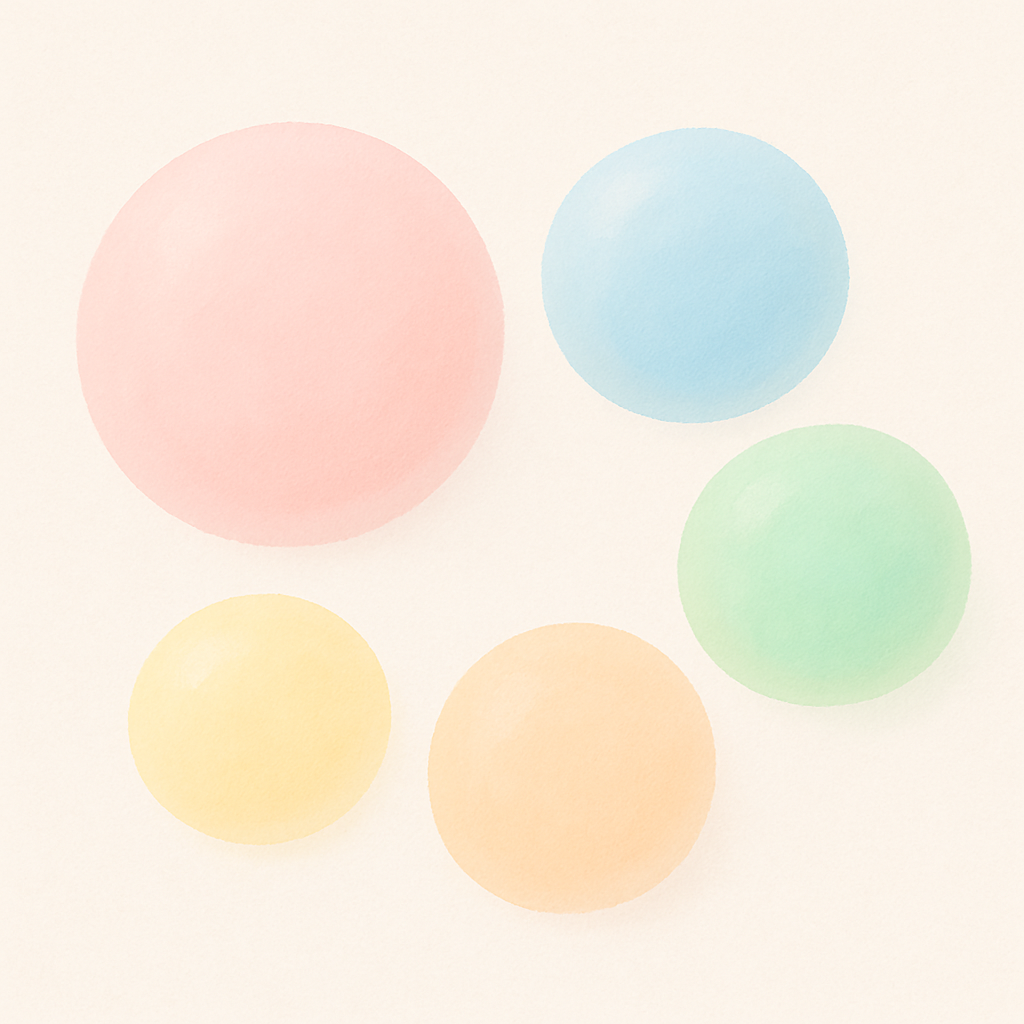

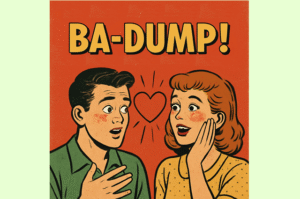
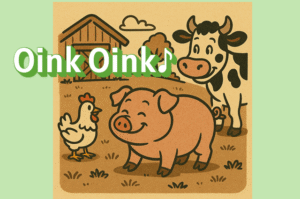
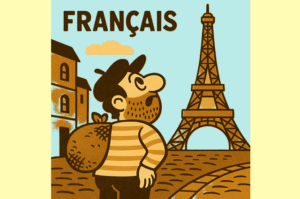
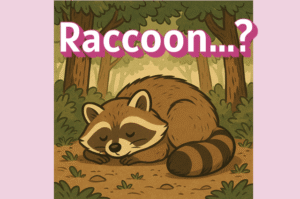


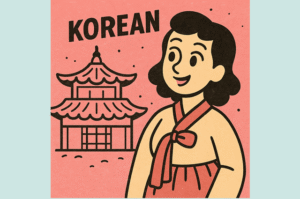
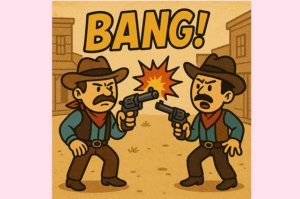
Comments